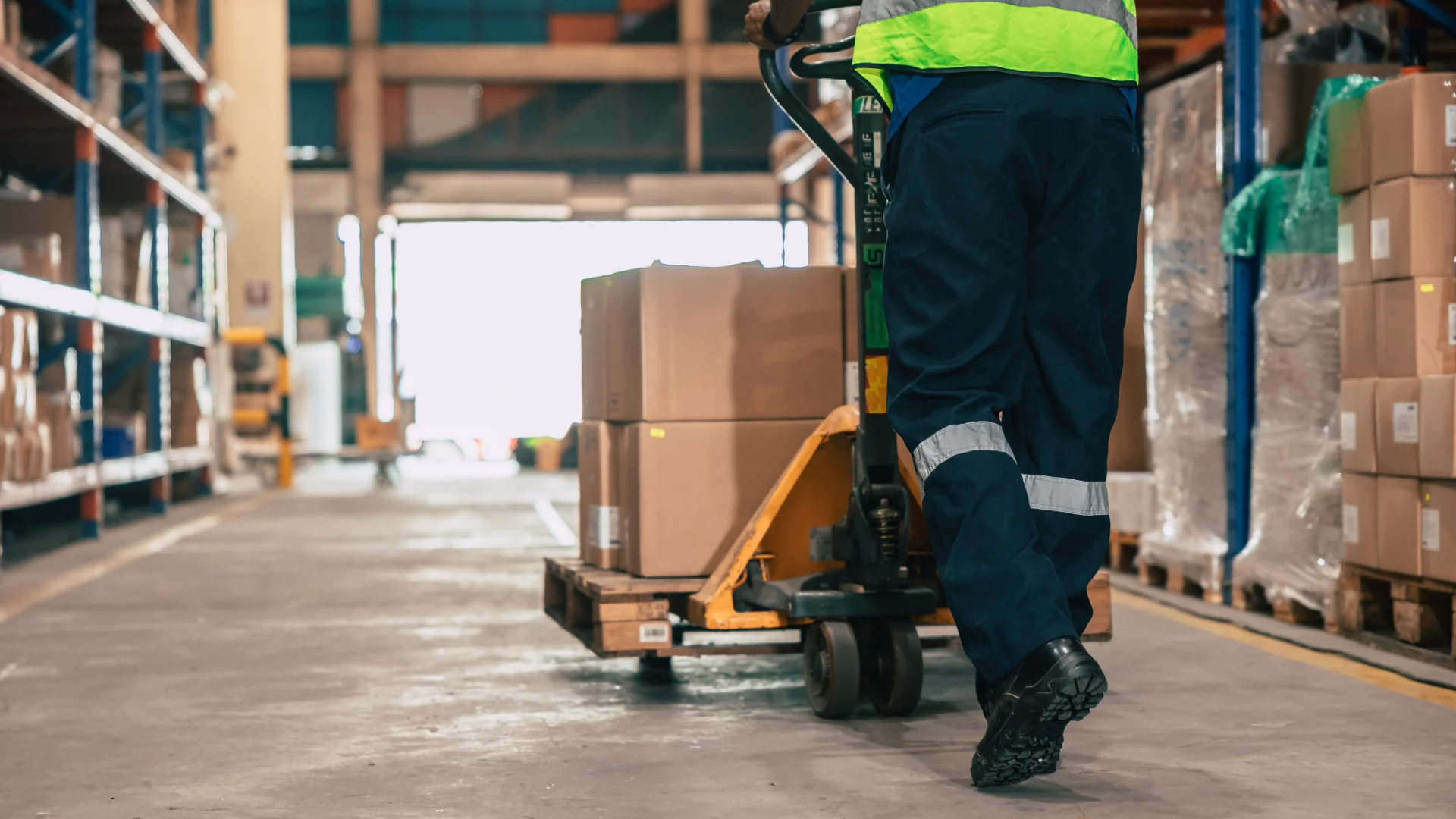As the latest Brexit deadline draws ever nearer, the uncertainty surrounding if, when, and in what form Brexit will occur only continues to grow. One thing that is certain, however, is that logistic companies cannot afford to go unprepared. If Brexit does happen this October, and particularly if a deal isn’t reached in time and the UK crashes out of the EU with no deal, then making adequate preparations will be the key to surviving the initial chaos that the UK’s exit from the EU will likely spark.
The freight industry, placed as it is at the literal border between the UK and the EU, promises to be one of those most affected by Brexit. To help mitigate the impact on your freight forwarding business, we’ve put together these top tips for creating a Brexit action plan. Our list covers the most important things to consider in preparation for Brexit, as well as some top tips on how best to ready your business for life outside the EU.
Customs and tariffs
Understanding the impact of new duties on imports will be a key part of your preparation. Research both the financial and administrative cost of these new duties. Consider how your business will adapt – what new approvals will you need? what costs will you incur? It is particularly important to ask whether you are at risk of having to pay multiple duties if you operate across Europe.
Legal
Re-examining your contracts, identifying those with clauses reliant on the UK’s membership in the EU, and understanding how easy or difficult it might be to renegotiate or leave these contracts is another important step towards being prepared for Brexit. While thinking of the future, also begin to identify what safeguards you might want to include in new contracts as protection against uncertainties, as well as updating your freight forwarder insurance coverage.
VAT
Sales of some goods between the UK and the EU will, when the UK leaves, become imports and exports for the purposes of VAT. Preparing for the possibility of increases in costs and in administration will be vital to your Brexit preparations and to protecting your cash flow and remaining profitable.
Systems and data
New importing and exporting activities will require new data to be captured and made available in support of the receipt and dispatch of goods and the declarations that accompany them. How will this data be managed, and what new systems will you need to implement to accomplish this? An audit of your existing systems will help identify issues before they occur.
Lead times
One of the unavoidable realities of Brexit is that it is going to make everything take longer. Customs bottlenecks are certain to be a feature in the post-Brexit landscape, and this will have particularly dramatic repercussions when it comes to moving goods – especially if those goods have short shelf lives. If this is something likely to affect your business, it’s worth building contingencies to account for these issues now.
Grants and incentives
There are a whole plethora of grants and incentives stemming from the EU that go to benefit EU businesses, and it’s very likely that you benefit either directly or indirectly from some of this funding. Accounting not only for how this will affect you, but also trying to appreciate how potential changes to this funding might affect the decisions your business partners and clients make in the future will be a useful preparatory exercise.
Join a freight platform
Freight platforms such as Haulage Exchange have the potential to mitigate the impact of many of these changes. Offering end-to-end, real-time freight management, Haulage Exchange can help streamline your processes and provide you with a platform to move your loads safely to and from the UK, while offering specialist freight forwarding services. Some of the benefits of Haulage Exchange include:
The ease of finding carriers
With well over 60,000 vehicles available across the UK and Europe, having access to the Haulage Exchange network means never having to risk letting your customers down. The exchange allows you full control – post freight, search for carriers, and track and communicate with the sub-contractors you are using.
The Haulage Exchange is an accredited business and only enables access to professional trade-only carriers that have been vetted and are compliant. The built-in feedback system adds a further level of insurance for members looking for a prospective driver, meaning you can increase capacity in an adaptive and intuitive way.
Innovative technology
The Haulage Exchange makes use of cutting edge technology to enhance the experience from both load poster and carrier perspective. The exclusive driver application means carriers can stay connected to the Exchange while on the move, giving them the ability to update their status, availability, and current load details, to allow members to make an informed decision before offering new work.
Once a member has decided to subcontract to a carrier the system ensures seamless load management throughout the journey. Carriers can update members with real-time ETAs and can provide PODs at the completion of a load. Finally, the app also offers the ability to create invoices and send paperwork digitally – cutting down on both printing and administrative costs. The system is also HMRC Making Tax Digital compliant meaning in a single click you can submit data to HMRC for your VAT return.
The mobile app also operates as part of the Exchange’s mission to offer complete online logistics and load management solutions to its members. Working with high profile partners, the Exchange can integrate telematics into members’ existing platforms and TMS systems. Some of the Haulage Exchange’s sixteen partners include Teletrac Navman, TomTom Telematics, Masternaut and Causeway.
Final thoughts
The only certainty of Brexit is uncertainty, but for freight forwarding software companies, proper preparation and planning can go a long way to alleviating worry. Many of the difficulties likely to arise from Brexit will involve the increased costs and administrative headaches precipitated by new duties, legal requirements, and customs processes. Luckily, tools like those offered by Haulage Exchange can go a long way to mitigating these issues by offering a more streamlined and centralised way of managing the logistics of freight movement.
By making good use of these tools as part of a broader preparedness initiative, freight forwarding businesses can make Brexit’s October 31st deadline just a little bit less scary.




